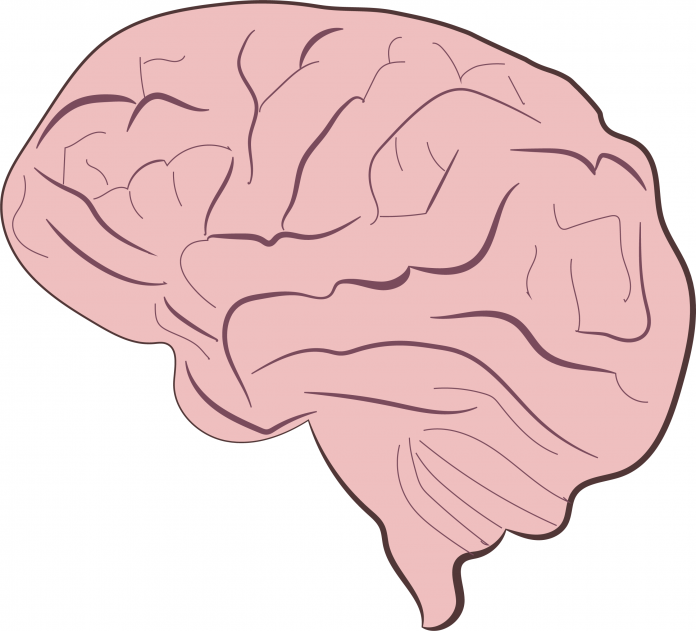During my first science class this semester, my professor spent 10 minutes formulating an argument on why science is the most reliable source of information, as opposed to common sense, reasoning and religion. Never mind the fact that she had just reasoned out a whole argument on why science is superior to reasoning, I was intrigued by her idea that science is supreme.
This idea intersected with things I was learning in my other classes, even during the first week of the semester. Looking at early modern European art in my art history class, there was a clear shift from a pre-Renaissance society in which religious tradition, especially in the form of the Catholic church, was the pinnacle of knowledge to a post-Renaissance society where the individual human intellect was prized above all. These observations were in the back of my mind as I read an article about anthropology for my English class. The writer of the article evaluated the evolution of European civilization. Initially, anthropology and history revolved around the Catholic church. It later centered on European civilization, and eventually settled on science as its point of reference after Darwin’s theory of evolution took precedence.
I was struck by the similarity of all three of these guiding forces: religious tradition, human intellect and science. All of them attempted to fit the world into one complete framework. In doing so, they inevitably elevated some aspects of life and society far above where they should be, and as a result stifled others that were essential to human flourishing. This is easy to see in earlier European culture, since we are further removed from it. In elevating the hierarchy of the Catholic church to constitute the whole structure of early European society, this society essentially worshipped the human beings at the top of the Catholic power structure. Meanwhile, individual rights and beliefs were stifled through a forced commitment to the church and dutiful obedience to oppressive practices like the “indulgences” that were used to fund majestic building projects.
The phenomenon of cultural commitment to one overarching idea is something I have seen worldwide, not just in European culture. In the Middle East, where I grew up, the culture revolves completely around the idea of honor, and its converse, shame. This is the standard used to evaluate every word and action. Obviously, as outsiders to Middle Eastern culture, Americans can acknowledge the peril of holding honor up as the ultimate value, namely the ostracizing, abuse and even “honor killings” that punish an individual’s “shameful” words or actions, although admittedly the cultural punishments are not always this extreme. The practice of elevating an idea to the total framework of society crosses not only historical eras but also cultures and countries.
Here in the United States, the era of autonomy has outstripped the era of science. Now, science is often overlooked for the sake of individual autonomy. In the political sphere, politicians and voters alike are much more likely to focus on big ideas and causes than concrete facts or plans. In the cultural sphere, one’s personal perception of him or herself is more pertinent to the question of gender than his or her chromosomes. This belief is giving way to edgier ideas such as the one posed by the infamous Dutch man who wants to legally change his own age.
Ultimately, it is clear that each society develops a unique apparatus through which to evaluate its culture. All of these lenses are fallible. Using a structure of religious tradition places undue power into the hands of those at the top of the hierarchy. Prizing and prioritizing the human intellect disregards its imperfections and reinforces a personal and cultural superiority complex that can be detrimental. Looking strictly through the lens of science can ignore the fact that fallible human thought has created imperfect forms of measurement and scientific discovery, often devaluing individual persons and completely eradicating competing worldviews without truly evaluating them first. And valuing personal autonomy above all else can rob us of compassion for our fellow human beings.
We rarely analyze our own culture deeply enough to critique foundational and unquestioned priorities but doing so is important if we want to avoid the repeated mistakes that have been made throughout history. Not only this, but if we free ourselves from devout frameworks such as these, we open our minds to truly think freely and formulate our beliefs apart from cultural standards. If we are going to use an overarching principle to guide our culture and our lives, all I can say is that it had better be a perfect one.
Email Chloe Folmar at
csfolmar@email.wm.edu.


[…] article was originally published in The Flat Hat, the official newspaper of the College of William & […]